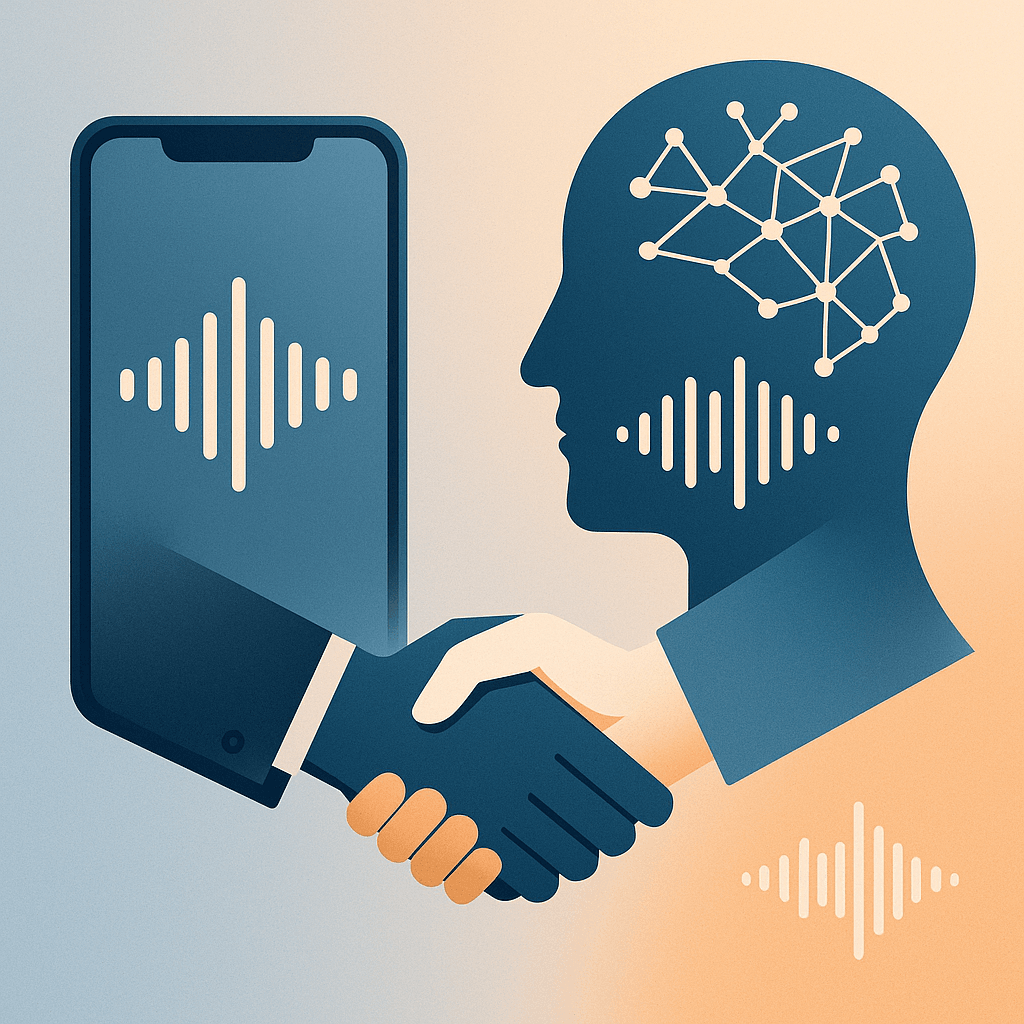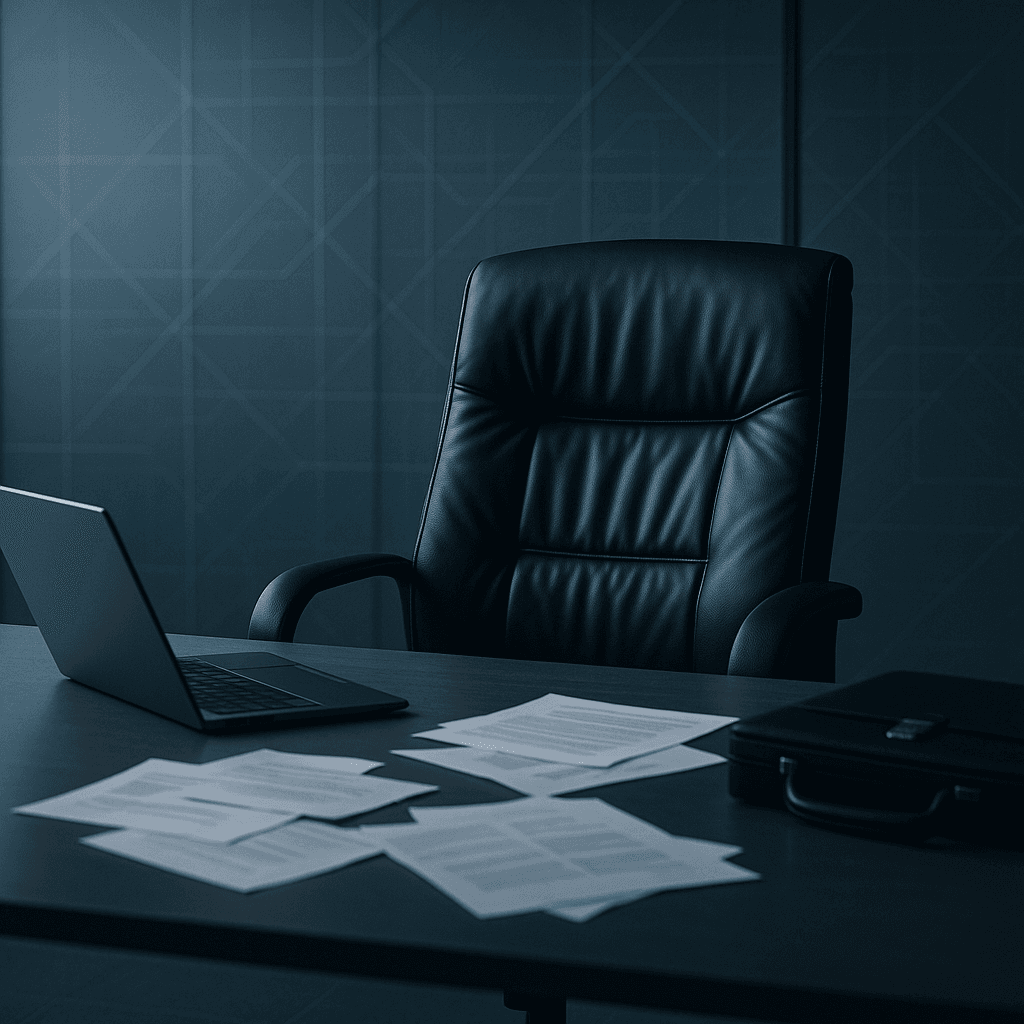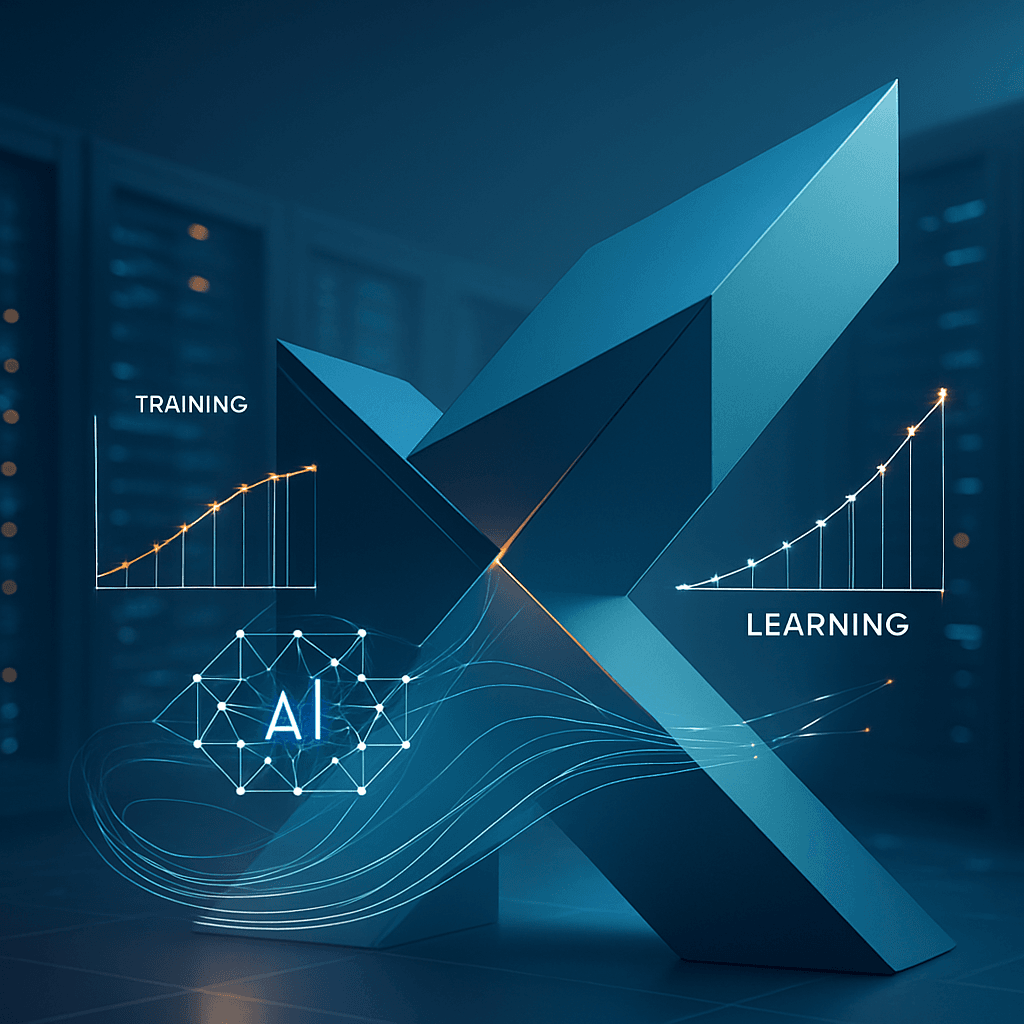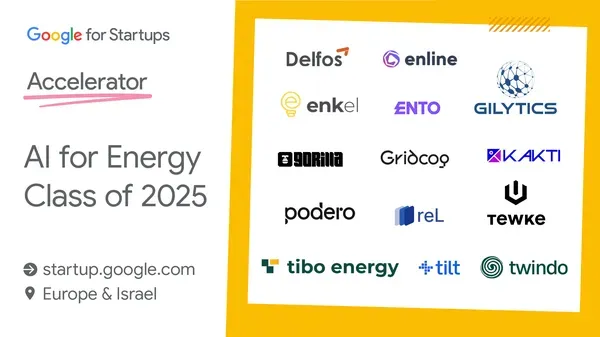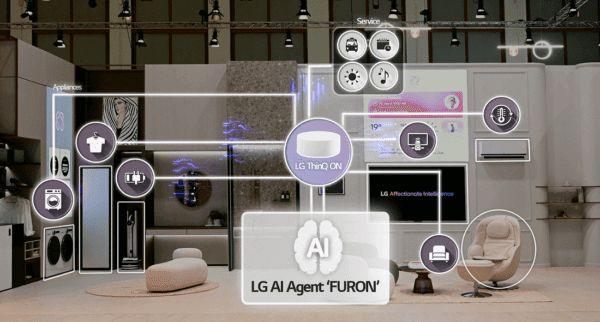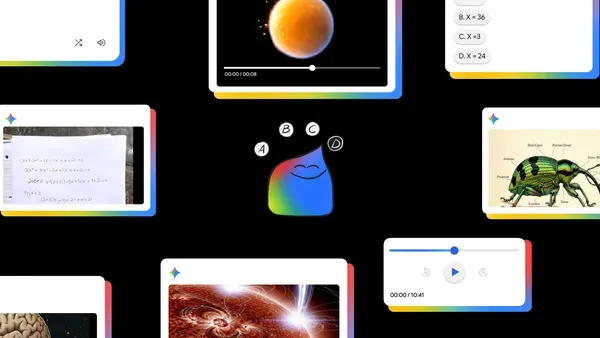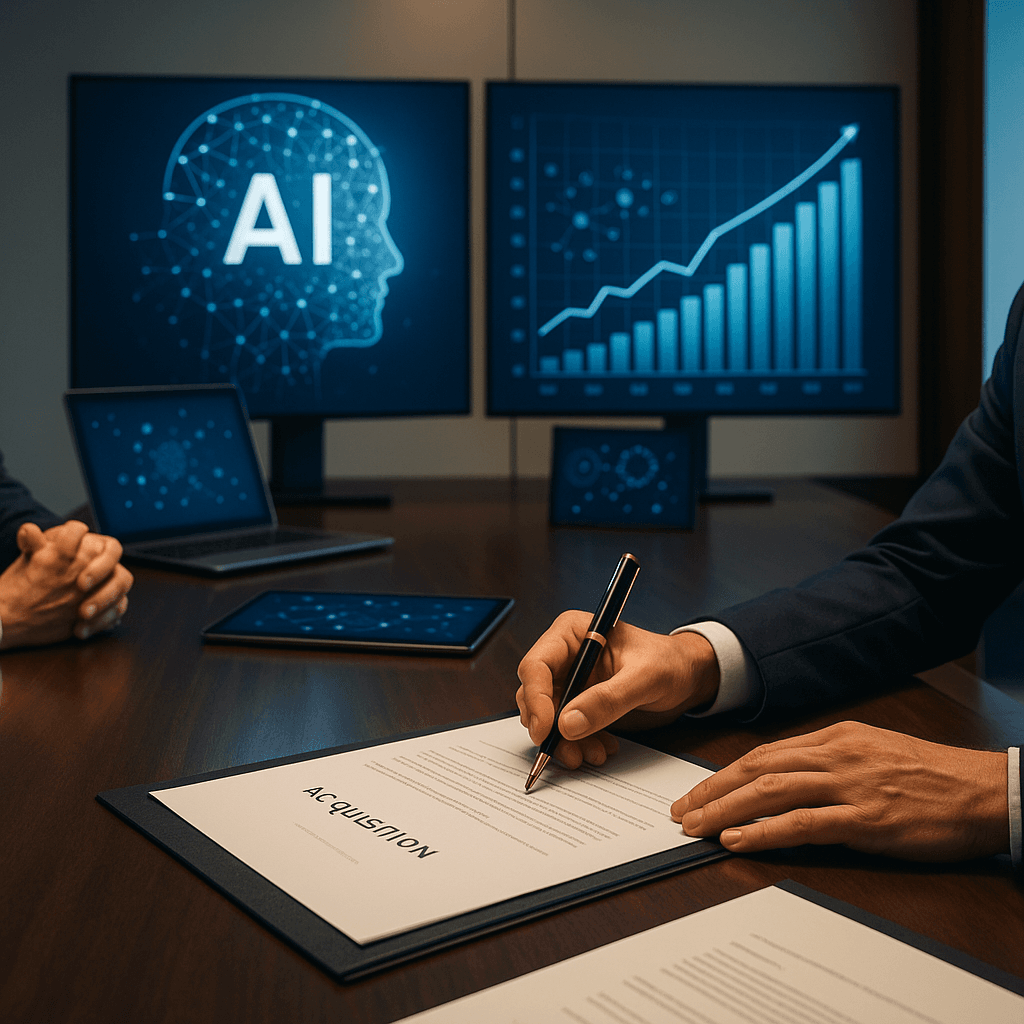Google Labs just made its biggest creative push yet, appointing filmmaker Henry Daubrez as its first-ever filmmaker in residence to shape the future of Flow, the company's AI filmmaking tool. The move signals Google's serious commitment to democratizing video creation through artificial intelligence, launching alongside Flow Sessions, a new pilot program offering unlimited access to select filmmakers.
Google Labs is doubling down on its AI creative ambitions with a landmark announcement that could reshape how filmmakers approach video production. The experimental division just named filmmaker and creative director Henry Daubrez as its first-ever filmmaker in residence, tasking him with steering the evolution of Flow, Google's ambitious AI filmmaking platform.
The appointment comes as tech giants race to capture the exploding market for AI-generated content. While OpenAI dominates text and Midjourney leads image generation, video remains the next frontier where billions in revenue await the company that cracks the code first.
Daubrez brings proven credentials to the role, having already collaborated with Google as an early Flow partner. His short film "Electric Pink" showcased Flow's capabilities in a real-world creative scenario, demonstrating how AI can enhance rather than replace human storytelling. "We believe the best tools are built alongside the people who use them," Google Labs Head of Community Brianna Doyle explained in the announcement.
Google's strategy mirrors successful partnerships across the industry. Adobe embedded creators directly into its AI development process, while Meta recruited influencers to test early versions of its content tools. But Google's filmmaker residency represents something more ambitious — a formal creative partnership that could yield breakthrough applications.
The residency launches alongside Flow Sessions, a pilot program that feels like Google's answer to OpenAI's artist residencies. Selected filmmakers receive unlimited access to Flow, plus mentorship and AI education to "pursue the amazing ideas they've been dreaming up," according to the company. The program addresses a critical bottleneck in AI tool development: getting sufficient high-quality feedback from actual creators rather than engineers.



